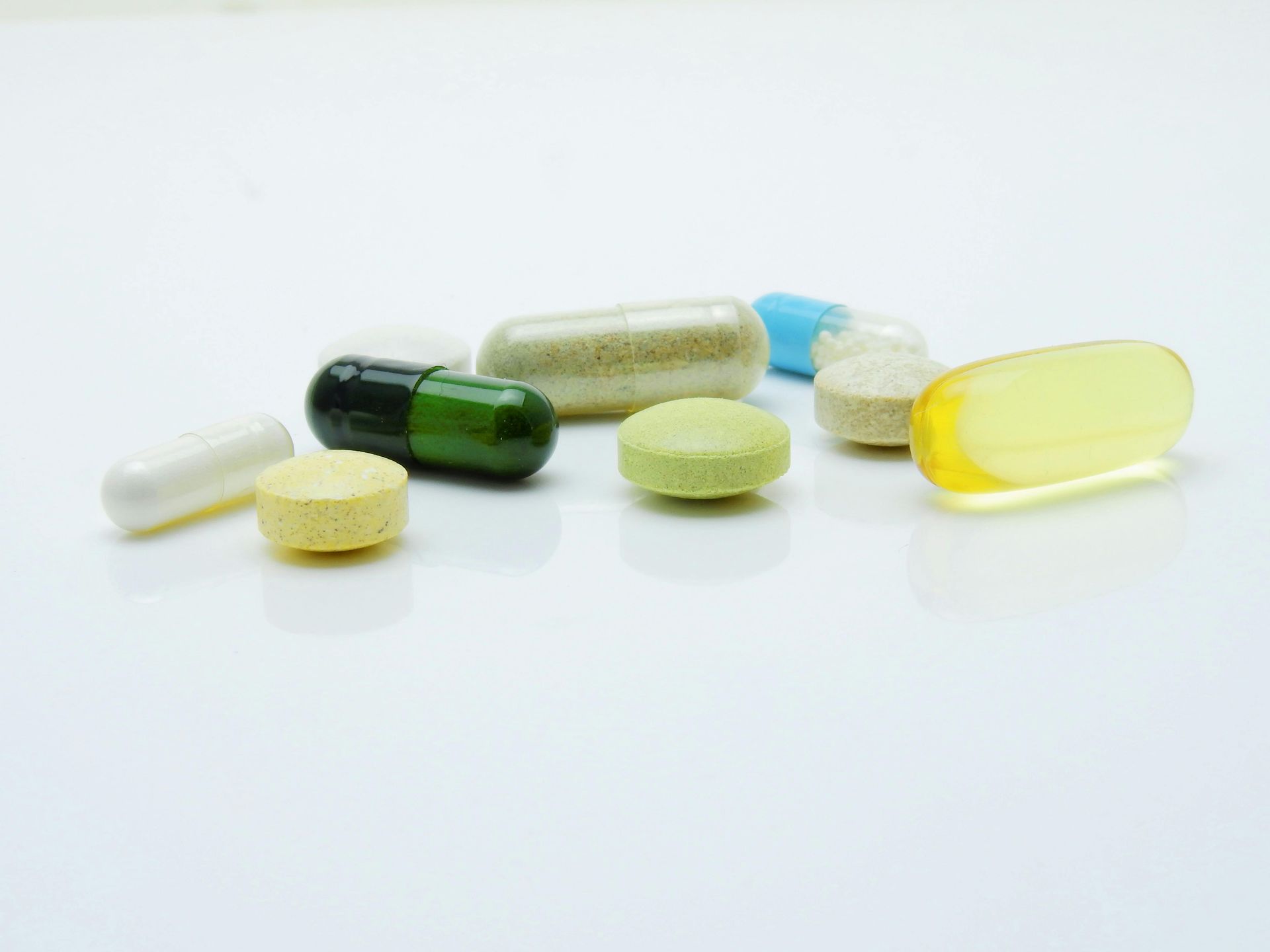PROBIOTICS AND PREBIOTICS
In our quest to eat healthier to promote fertility, we often think strictly about the food that we put into your body, but sometimes we forget about the importance of the digestive process and the beneficial bacteria that live our gut. These beneficial bacteria help support our immune system, help ward off infection from disease-causing bacteria, and help support good digestion and elimination.
Probiotic supplements have been studied for their ability to prevent yeast infections and bacteria vaginosis, both of which are associated with poor IVF outcome. Probiotics also support good digestion and may help prevent constipation and diarrhea and can be a useful too for managing IBS and other digestive issues. It’s not only important what we eat, but also what we digest and absorb. If digestion is sub-optimal, we may not be absorbing all the nutrients from our food. In addition, did you know that your gut bacteria can even make nutrients that your body needs like vitamin B12, biotin, and vitamin K?
In addition, early research points to probiotic supplementation as a way to improve blood sugar regulation to prevent or better manage gestational diabetes. Additional research suggests that gut bacteria may affect neurotransmitter production and thus mood. I suspect we will only learn more about the role of probiotics in health and fertility as time goes on.
In addition to probiotic supplements, including fermented foods such as sauerkraut, kimchi, fermented pickles, and other fermented vegetables is a great way to get more probiotics in. Kefir and yogurt also contain probiotics, if you eat dairy products.
In addition to taking a probiotic supplement and eating foods that contain probiotics, it’s also important to eat foods that feed the beneficial bacteria you already have your body. These fibers, which feed your beneficial bacteria, are called prebiotics. Examples of prebiotics include:
- Garlic
- Onions
- Leeks
- Whole grains
- Avocado
- Peas
- Legumes
- Potato Skins
- Green bananas
- Jicama
- Dandelion greens
- Endive
- Berries
The saying goes, “you are what you eat,” but a better saying might be “you are what you digest and absorb.” Including a probiotic supplement, probiotic foods, and prebiotics daily can be a great way to optimize digestion and absorption, and positively impact fertility.




